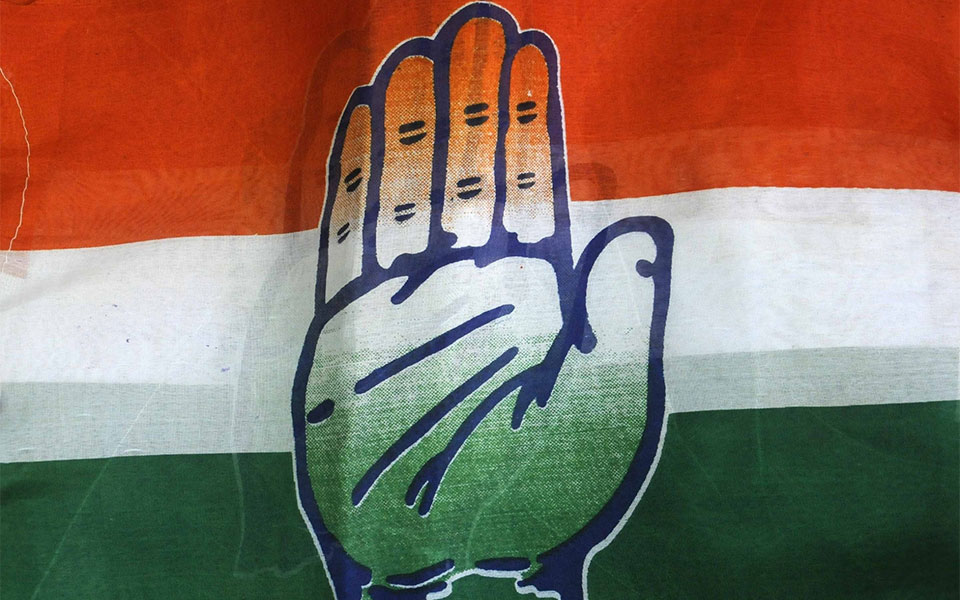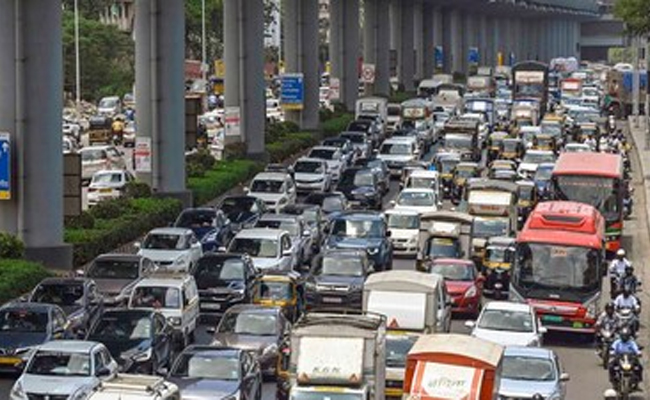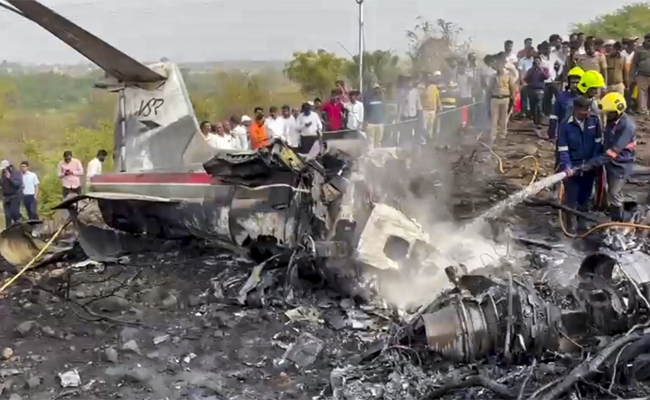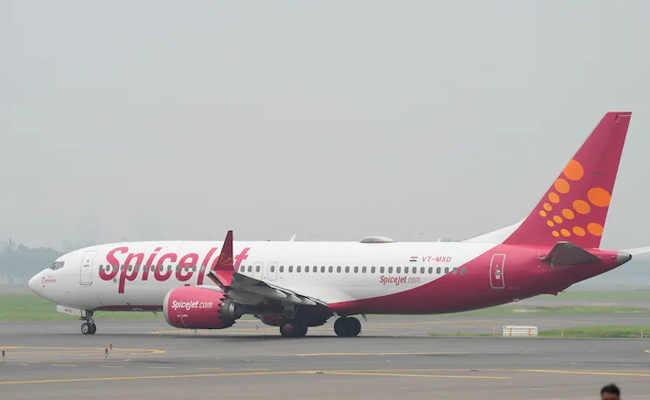New Delhi, July 2: The Congress on Monday said it wanted early elections in Jammu and Kashmir as it ruled out possibility of supporting the PDP for forming an alternate government in the state.
General Secretary in-charge of the state Ambika Soni told reporters after a meeting of the party's policy planning group on Kashmir that the party will prepare for fresh elections on the basis of its programmes, while a meeting of 100 senior party leaders from all three regions of the state will be held in Srinagar on Tuesday to chalk out the future roadmap.
The policy planning group discussed the prevailing political situation in the state and the way the alliance of the Peoples Democratic Party (PDP) and the Bharatiya Janata Party (BJP) "frittered away" its mandate in the state where Governor's Rule was imposed last month after BJP pulled out of the Mehbooba Mufti-led government.
The meeting, held at the residence of former Prime Minister Manmohan Singh, was attended by former Union Ministers P. Chidambaram and Ghulam Nabi Azad, state Congress chief G.A. Mir and former MP Tareeq Hameed Karra.
It was the second meeting of the group since imposition of Governor's Rule.
Sources said the group discussed the confidence-building measures taken during the UPA I and UPA II governments and how the BJP-PDP alliance government had failed to meet expectations of people.
The meeting decided that the group will complete its pending visit to Ladakh at the earliest and will visit Kargil and Leh.
Soni later told the media that fresh elections should be held as early as possible.
"We (Congress) want early election in state. We have demanded that there should be an election as early as possible. The roadmap of the election will be discussed tomorrow (Tuesday). We need to strengthen our party first," she said.
She said Governor's Rule should not be there in the state for more than five to six months.
Talking to IANS, Soni said that party leaders, during a meeting with state Governor N. N. Vohra, had demanded dissolution of the state assembly.
"We have categorically asked for democratic processes to be restored. They (PDP-BJP) frittered away a mandate. The question of government formation has not been discussed by the party. The question does not arise."
The meeting in Srinagar will be attended by party leaders including MLA, MLCs, former and present MPs.
Let the Truth be known. If you read VB and like VB, please be a VB Supporter and Help us deliver the Truth to one and all.
Mumbai (PTI): Transporters across Maharashtra on Thursday launched a statewide “chakka jam” to protest against “arbitrary and excessive” e-challans and other issues faced by the sector, and threatened to go on an indefinite strike from midnight.
The state Transport Commissioner’s office has directed all Regional Transport Offices (RTOs) to activate separate control rooms in their jurisdictions to track the protest and share information about any incident that could lead to a law and order situation, an official said.
After the last round of negotiations held at the Maharashtra Transport Commissioner’s office on Wednesday evening remained inconclusive, the Maharashtra Transport Action Committee (M-TAC) said that it would go ahead with the strike.
According to M-TAC representatives, transporters will stage protests at Azad Maidan in Mumbai and outside the Regional Transport Office (RTO) premises in other parts of the state before going on strike from midnight.
M-TAC said school buses, contract carriage buses, private buses and commercial vehicles, including trucks, tempos, taxis and tankers, would remain off the roads during the indefinite agitation. The transporters have also threatened to bring their vehicles to protest sites.
Anil Garg, a leader of the School Bus Owners Association, had said on Wednesday that school buses across the state would not operate from Friday if the indefinite strike happened, though their services would remain unaffected on Thursday.
Earlier this week, Maharashtra Transport Minister Pratap Sarnaik also held a meeting with transporters at the MSRTC headquarters here, but M-TAC said the talks remained unfruitful due to what it described as “hollow assurances” from the government.
Sarnaik had appealed to the transporters to withdraw their agitation, stating that the government was positive about cancelling “unjust” e-challans issued to parked vehicles and would take a favourable decision on the matter.
A senior department official said that the Transport Commissioner’s office has asked all RTOs to activate control rooms and alert it in the case of any incident with the potential to create a law and order situation.
All RTOs have been asked to submit a detailed and factual report before 5 pm every day till the strike continues, the official said.
The report should include information such as the impact of the strike in their jurisdiction, the status of essential commodities and passenger movement, preventive steps taken to provide relief to the public, and issues faced during the strike, he said.
M-TAC said the agitation is being organised against what it termed “arbitrary and excessive” electronic traffic enforcement and the mounting financial burden on the transport sector.
The charter of demands submitted by M-TAC to the government earlier this year includes major reforms to the e-challan system, a waiver of pending fines and a reduction in taxes and toll charges imposed on commercial vehicles.
M-TAC leaders claimed the e-challan system has caused hardship not only to transport operators but also to ordinary vehicle owners.
The action committee has also sought the withdrawal or relaxation of a proposed amendment to rules issued in January 2026, requiring transporters to clear e-challan penalties within 45 days, failing which they would face restrictions on essential services such as permit renewal, fitness certification and other regulatory approvals.
“As per Rule 468 and amended Rule 514 of the Code of Criminal Procedure, all time-barred e-challans should be cancelled if cases are not filed in court,” the charter of demands stated.
M-TAC has also demanded the closure of highway check posts and the establishment of rest houses or centres for drivers. It has sought fire tenders and emergency service facilities on highways, provisions for parking lots, bus stops and cargo loading and unloading facilities.
The transporters have further called for a review of the repeated retrofitting of devices such as panic buttons, vehicle location tracking devices, high-security registration plates, fire detection and suppression systems, and CCTV cameras, which they claim are mandated under the pretext of safety.
They have demanded the suspension of what they described as unfeasible and abrupt “no entry” restrictions that cause operational difficulties and have urged the government to adopt a more consultative approach.





